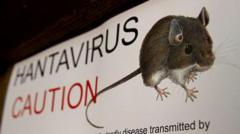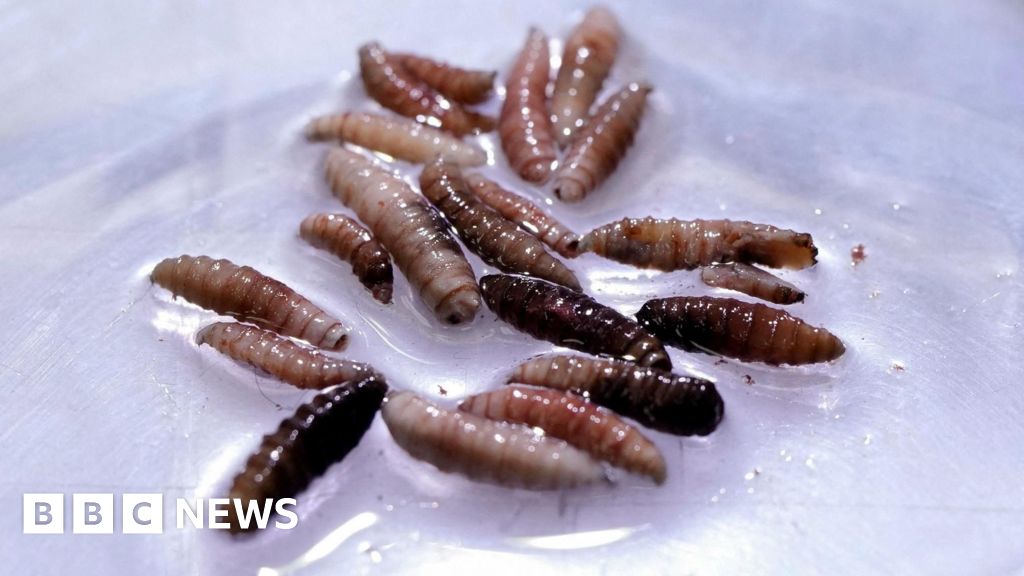Betsy Arakawa, the wife of acclaimed actor Gene Hackman, tragically passed away from a respiratory illness associated with hantavirus, an uncommon disease contracted from infected rodents, as confirmed by health officials. This situation has heightened awareness around the virus, which can manifest initially with flu-like symptoms and escalate to Hantavirus Pulmonary Syndrome (HPS), a potentially life-threatening lung condition. Reports indicate that Ms. Arakawa contracted HPS, ultimately leading to her untimely death.
Authorities discovered both Ms. Arakawa and Mr. Hackman, who was battling advanced Alzheimer's disease, deceased in their New Mexico residence last month. This incident raises significant concern as it underlines the dangers of hantavirus exposure, especially for those in rural areas, which account for most hantavirus cases across the United States.
Hantavirus is primarily transmitted to humans through inhalation of particles from dried rodent droppings, urine, and saliva. The Centers for Disease Control and Prevention (CDC) emphasizes that the most common carriers in North America are deer mice. While rare in occurrence, infections can result from direct contact, either through bites or scratches.
In the U.S., Hantavirus Pulmonary Syndrome is the most prevalent variant, and symptoms often begin with fatigue, fevers, and muscle pain before progressing to respiratory failure in severe cases, which has a significant mortality rate of about 38%. The CDC has recorded 864 hantavirus cases since 1993, predominantly in western states, primarily California, Arizona, and New Mexico. Globally, Haemorrhagic Fever with Renal Syndrome, another form of the virus affecting the kidneys, accounts for approximately 150,000 infections annually, with a majority occurring in China.
Currently, there is no specific cure or treatment for hantavirus infections, and supportive care is recommended to alleviate symptoms. In cases where the illness is severe, patients may require intensive hospital care. The CDC stresses preventive measures, such as sealing potential rodent entry points in homes, wearing protective gear when cleaning up droppings, and reducing rodent interactions to minimize risk. This unfortunate incident serves as a crucial reminder of the risks posed by hantavirus and the importance of awareness and proactive prevention.




















